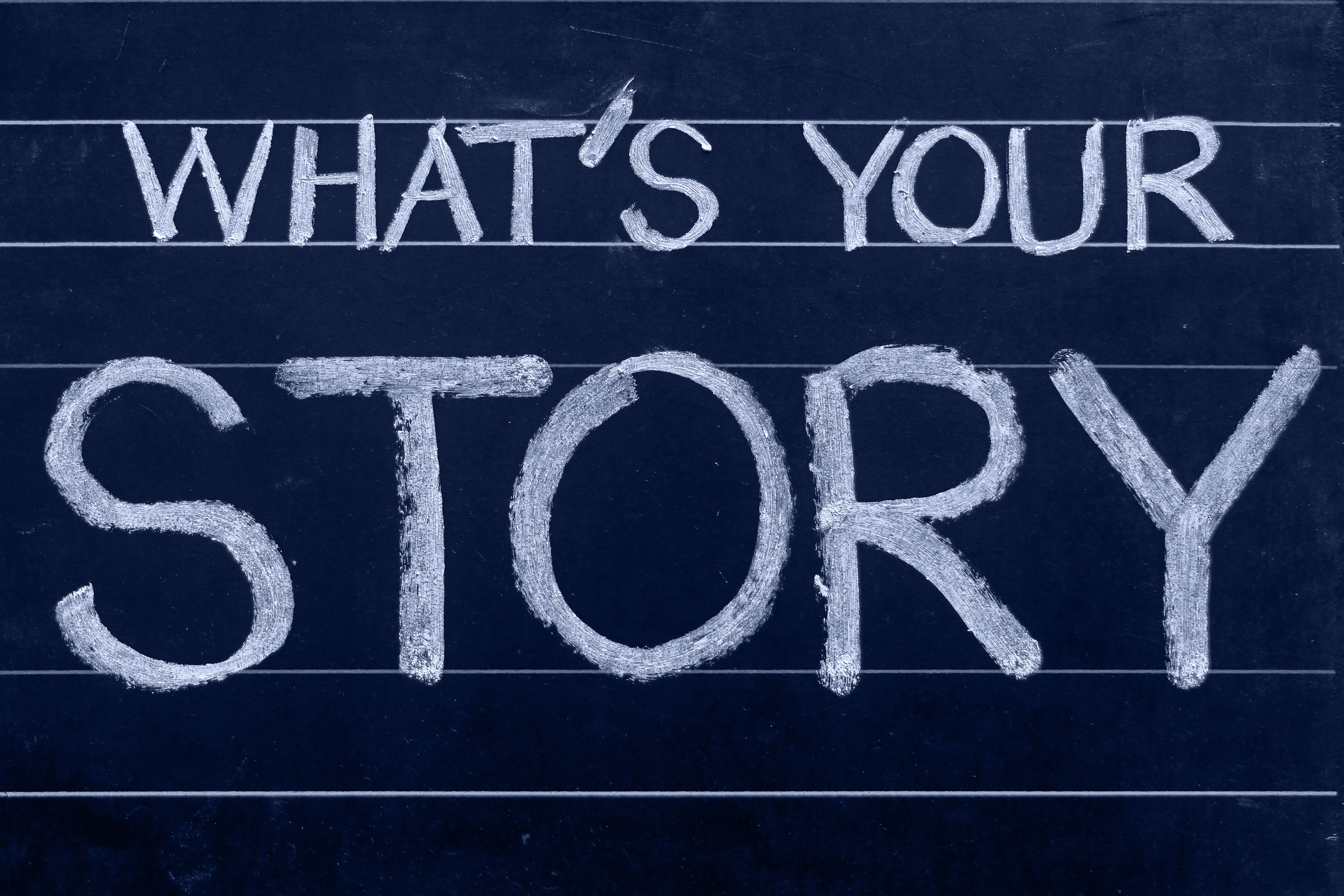Despite the ever growing connectedness of our world, loneliness continues to spread like wildfire. Ask anyone how many real friends they have, and the number can typically be counted on one hand. Double-down even further to ask how many long-term friendships they have and the number is typically one or none. Cultivating friendships are a distinct human need yet it does not come naturally to many of us. Why is that? Why do so few friendships stand the test of time? Here are seven keys to a friendship that lasts and the immediate steps you can take to begin cultivating deep, meaningful relationships.
When you buy through my links, I may earn money from my affiliate partners. Learn more.
1. Value the Person over Preferences
Any deep, meaningful friendship will be filled with similarities AND differences.
If you don’t have any differences yet, you probably don’t have a deep and meaningful friendship!
Without a doubt, there will come a point where we must decide if we value the person more than we value our position.
When their opinions differ from our own, what will we do? Keep forging the friendship or back away and let it die?
I’ve found this to be true in my life. One of my absolute best friends and I have many differences. We do NOT see eye-to-eye on everything.
We don’t always agree religiously, politically, or on a number of less polarizing topics like food or health preferences.
We debate. We discuss our differing views. But we never place our position over the other person.
Who someone is is far more than what they might think or do. They are human, created in God’s image, as Genesis 1:27 records.
Even deeply held convictions can change over time. Who knows, after 20 years your best friend might just start seeing things the way you do. Wouldn’t that be fun!
2. Let Yourself be Inconvenienced
If you’re like me, time is precious.
Our lives are becoming busier every day and if we’re not careful, we can overbook ourselves right out of friendships.
As kids, we often find time with our friends is very easy and natural.
We saw them at school, in the neighborhood, on the bus, at events our parents dragged us to, online, and over the phone.
Hanging out was soo easy!
And then responsibility came with a vengeance.
We went to school and had to focus on our studies.
We got a job and needed to concentrate on our deadlines.
We started a family and found their needs (and wishes) trumped every external priority imaginable.
Quick as lightning our hours of hangout with friends time turned into a chore. It became just another thing to get done somehow someway.
And seeing it like that is exhausting!
Unfortunately, there’s no easy way to say this. Cultivating friendships are not always convenient.
In fact, researcher Jeffrey Hall from the University of Kansas noted friends need to spend at least 300 hours together to become true best friends!
Recently, a great friend of mine, one that I’ve known since Kindergarten (I’m decades past that if you didn’t know…) flew into the same state as me.
They were here for business but there was a sliver of a chance they would be within two hours drive of where I live.
The chips were stacked against our friendship right away.
Their schedule was unpredictable. It was during a work day. And my family calendar was booked up.
What would you do?
Hopefully it’s what I did.
Carve out the precious time and start driving.
It was a special, worthwhile time of reconnection for me and I trust it would be in your situation too.
3. Don’t Settle for What Used to Be
People change.
Simple as that.
As children or young adults, we can think back to the simplicity of our friendships.
If we’re not careful though, we can spend all our time wishing the friendship of today is the same as it was back then.
We aren’t back then though and the person we remember has changed.
We’ve changed too.
Along the way, they and us have picked up some bad habits. Or some odd views. Or even chosen a lifestyle that is very different than us.
Refer back to point number 1.
What’s more important…how they/we have changed…or who they/we are?
Exactly. While it’s a lot of fun to reminisce and chat about the old days, the here and now matters most.
The activities we used to do with our friends don’t always work in our current schedules.
As active, hard working adults, we don’t have hours to chat on the phone.
Or the latest video game console to go on epic quests together.
We can’t just walk across the street and see what their parents are making for dinner.
Or throw rocks at their window so they know we’re outside.
Life gets complicated.
But the new normal must be sought out after.
The new connection with our friends might be a scheduled walk in the neighborhood, a hike near by, lunch out during the week, a brief call on our way home from work, a movie, or a long drive (or long flight) to spend a few hours (or days) together.
4. Seek the Best in and for Others
Nothing wrecks genuine friendships like jealousy or bitterness.
As we age, life choices magnify our differences with friends.
If our friend has wonderful children and we are struggling with fertility…
If our friend is skyrocketing financially and we are barely making ends meet…
If our friend lands the job we wanted…buys the car we dream of…goes on the vacation we had in mind…
What do we do with those feelings?
They must be processed for what they are. Simply differences between one life and the next.
Our journey isn’t their journey and vice versa.
A friend…a real true friend…wants the best for you.
And if you’re a good friend, you’ll want the best for them.
I have personally found over the years that celebrating the wins in the lives of others is fun and freeing.
If this is a struggle, consider digging into what is holding you back.
The answer might just be thanking God for all the goodness he has poured out on your friend and yourself in different ways.
Then, be sure to let them know how proud of them you are for whatever is going well in their life.
5. Sharing is Caring
It’s very natural to want good things all to ourselves.
With friendship however, people are not meant to be trapped.
Becoming a great friend includes supporting other friendships that form, whether they are generated by your own influence of external situations.
This perspective comes from plenty instead of lack.
Hoarding is an unfortunate human tendency but it stifles and limits the potential not just of our friendship but of the success, satisfaction, and fulfillment of our friend.
Now, don’t get it twisted. Sharing our friend with others and promoting those friendships may draw that friend away.
We may get less time with them or lose them entirely in our go, go, go busy world.
But simply put, that’s life.
Losing a friend’s time or attention because they prefer to focus on someone else has to be OK.
No one wants a friend that is trapped.
Ultimately though, supporting our friends by promoting their own growth and connectedness with others is a good thing that should deepen our friendship with them.
Worst case scenario, if they choose to gravitate away, it’s a sign for us to stay open to new friends that may have a very real need for us in their life right now.
It’s very possible that the season of distractedness will be short lived and the excitement of a new friend fades away, causing them to return to people they know support and cherish them as a person.
6. Vulnerability Nourishes Friendship
Without the right ingredients, a healthy plant will shrivel up and die.
Have you ever brought home a beautiful potted flower from the store?
You think you have the perfect spot for it at home, either outside in a garden or inside by a nice window.
You water it often.
You trim or weed it regularly.
Days turn to weeks, weeks to months, and before you know it a year has gone by.
The flower, once remarkable and noteworthy, looks frail and dry.
The flower hasn’t bloomed in some time and the once green leaves are now a mixed shade of disease.
What happened?
You cared about it.
You loved it.
You really did.
But somewhere along the way, the vital needs of the flower were unattended.
It could have been not enough water on an unreasonably warm day.
Or maybe a a bug crept in and nibbled at its vulnerable roots.
Perhaps the soil wasn’t balanced with proper nutrients.
Or it was the Sun. Too much direct light.
Maybe not enough.
Regardless, the beauty of the flower faded.
Just like our friendships can fade.
It may not be any one thing that causes friendships to falter, but falter they often do.
And once the friendship looks more like a bouquet of dry flowers than a symbol of undying appreciation, it’s difficult to recover.
All the more reason for us to consistently nourish our friendships with one of the best ingredients: Vulnerability.
To be vulnerable is to be open. Transparent. Free.
Sharing who we are, what we really think, and what we really want takes courage.
Personal development author Shane Parrish believes hiding struggles is weakness rather than strength!
It takes humility.
Being vulnerable with our friends also helps our friends to be vulnerable with us.
Vulnerability takes one intentional initiative. It will not happen on its own.
Either they take the step.
Or we take the step.
Since all we can control is ourselves, how about we take the step?
Then, watch what happens and reap the rewards of a deeper friendship.
7. Keep Growing as a Friend to Others
Many things in life happen on their own.
Our heart pumps.
Our lungs expand and contract.
Our body grows.
We learn many things in formal education and even more on the road of life.
Being a great friend isn’t a one-and-done act. It takes a commitment to learn from others.
It takes trial and error.
It takes adapting to others as we learn more about them and ourselves.
I have a friend who is very careful about what they say. I know they are slow to speak in a good way. When our friendship was young, I often talked over them a little bit or didn’t wait long enough before transitioning from one topic to the next.
As I learned more about them, I realized I could adapt my communication style to help both of us. Now, I try to be more comfortable in a delayed silence. It isn’t always easy, but it is always worth it.
Another friend of mine is a chatter box, in a good way! They have so much to share and thoughts on everything. As a friend, I really want to know what they’re thinking. But it requires me to be intentional about interjecting to share my own thoughts, or being more focused on letting them get their ideas out up front because then they are more able to listen to others.
No doubt you’re thinking of all your different friendships and the ways they express themselves.
Keep learning how to be a better friend. I think you’ll find your friends will be learning too.
Cultivating a Friend-Focused Lifestyle
Reflecting on these 7 keys to lasting friendships, how do you measure up? Take a step in the right direction today by making a list of people you would like to keep as an ever growing friend. Choose one and send them a note. Let them know you’re thinking about them and that you appreciate them as a person. Try to schedule a time to reconnect with them and remember, forging friendship is rarely convenient! But do it any way and then come back here and tell us all about it.
If you enjoyed this content and found it helpful, would you consider signing up for my newsletter (right sidebar or down below on mobile devices)? I’d love to be able to notify you of more content just like this.



